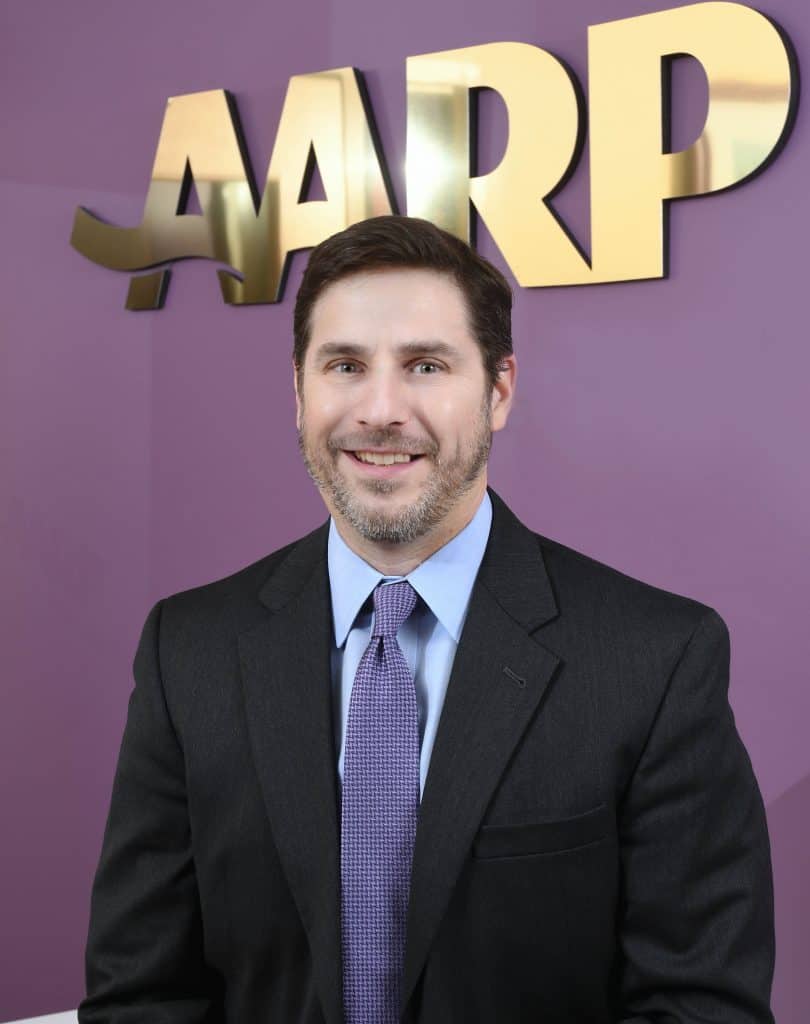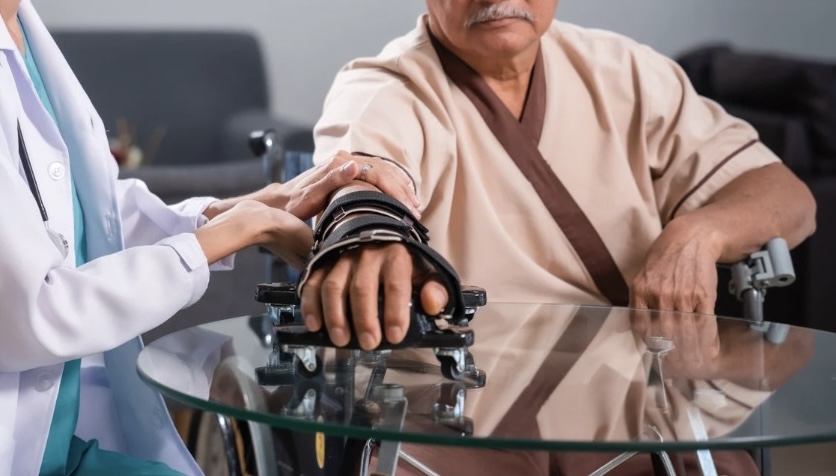Among the lessons of 2020 (for Granite Staters of all ages) was just how safe our homes could be and how happy most of us could be in them. Based upon national and state studies, we at AARP New Hampshire can say with confidence that we know this much is true: Granite Staters want to stay at home as they age.
It is time to insist our elected leaders honor the preferences of residents to age at home by making smart and strategic funding choices. Every two years, our elected officials continue to not fund services to keep people at home.
The economics are compelling. We know care through the State’s Choices for Independence (CFI) Program — which is for people who are clinically eligible for nursing home care — is about one-third the cost of keeping someone in a long-term care facility. It is cheaper to keep people at home and home is where they want to be. A lack of funding shouldn’t compel people to leave their homes when they could, with some support, stay there longer until they truly need the excellent care our state’s long-term care facilities provide.
The state’s budget and the budget process should align with fiscal realities and our preferences as we age. Our elected officials have the opportunity to leverage incoming Federal money – flowing into New Hampshire as we recover and emerge from the pandemic – to change course. They can make lasting systemic change allowing us to age how and where we choose. And, give the tens of thousands of unpaid Granite State family caregivers opportunities for respite needed to continue doing their part to keep loved ones at home with minimal cost to the state.
According to a 2018 report from AARP, 38 percent of Hispanic-Latino family caregivers are between the ages of 18 and 34, making them the youngest ethnic group providing care, taking on additional responsibilities in their younger years that can have lasting impacts as they build their own careers or families.
Governor Chris Sununu’s proposed budget provides some increases for some services to keep people at home. But, it doesn’t go far enough. The three services that saw rate increases under the CFI program still don’t adequately fund the cost to provide those services. In other words, providers lose money providing services or they can’t pay sufficient wages to attract and retain workers. Sometimes it just makes sense to spend money to save money or to make money.
Other services such as adult medical daycare (which, if done well and broadly, could leverage private pay dollars) have not received an increase, even when that service is currently reimbursed at about half of the actual cost of providing it. As a result of perennially inadequate funding, many adult daycare facilities have closed in recent years. This is bad news for New Hampshire’s 177,000 unpaid family caregivers, many of whom could, would, and did use such services for much-needed respite without burdening state budgets. We must do better.
This doesn’t only impact Medicaid recipients but private payers as well who could use these services. This affects all of us by taking away a critical service from families who are caring for their loved ones at home instead of prematurely placing them in more expensive settings. Once every two years, our elected officials (and all of us who can influence their votes) have a chance to do something different. Now is that time.
New Hampshire continues to spend significantly more on institutional care versus in-home care. Both settings have their place; funding should not drive choice. The current budget proposal has some increases to address this imbalance, but it still falls short. Even for the services receiving increases, the increases do not make payments for these services comparable for similar services. Further adjustments are necessary.
New Hampshire can and must do better. This really is about honor. We must make immediate efforts (in this budget cycle) to honor people’s choices of settings (in their home and communities), to honor the people themselves by ensuring that they can get the services they need, and those providing those services in their homes and communities are paid well. We must fund things (such as adult daycare) to lighten the heavy loads of tens of thousands of family caregivers.
Now is the time for us to contact our elected officials to ensure the funding that allows us to age in our homes and communities.
I urge you to visit nh.gov and reach out to Governor Sununu, and your elected state representatives and senators, and urge them to make aging at home a priority while it is still fresh in everyone’s mind just how welcome a place home can be.

Todd Fahey is State Director of AARP New Hampshire.
Fahey is a Manchester native and graduate of Columbia University and the University of Maine School of Law.

NHLN partners with AARP New Hampshire in best serving the Hispanic-Latino community of the Granite State.




